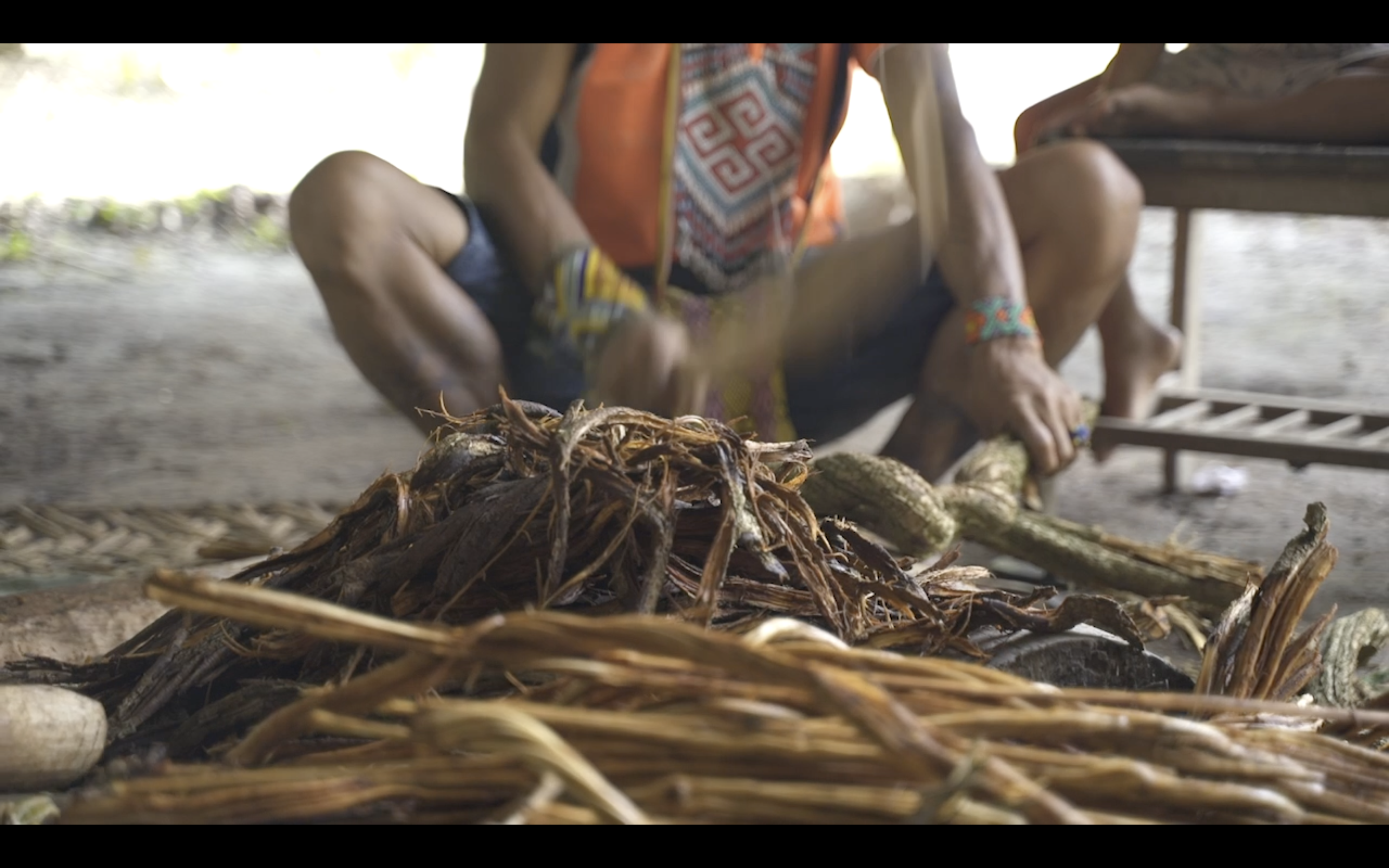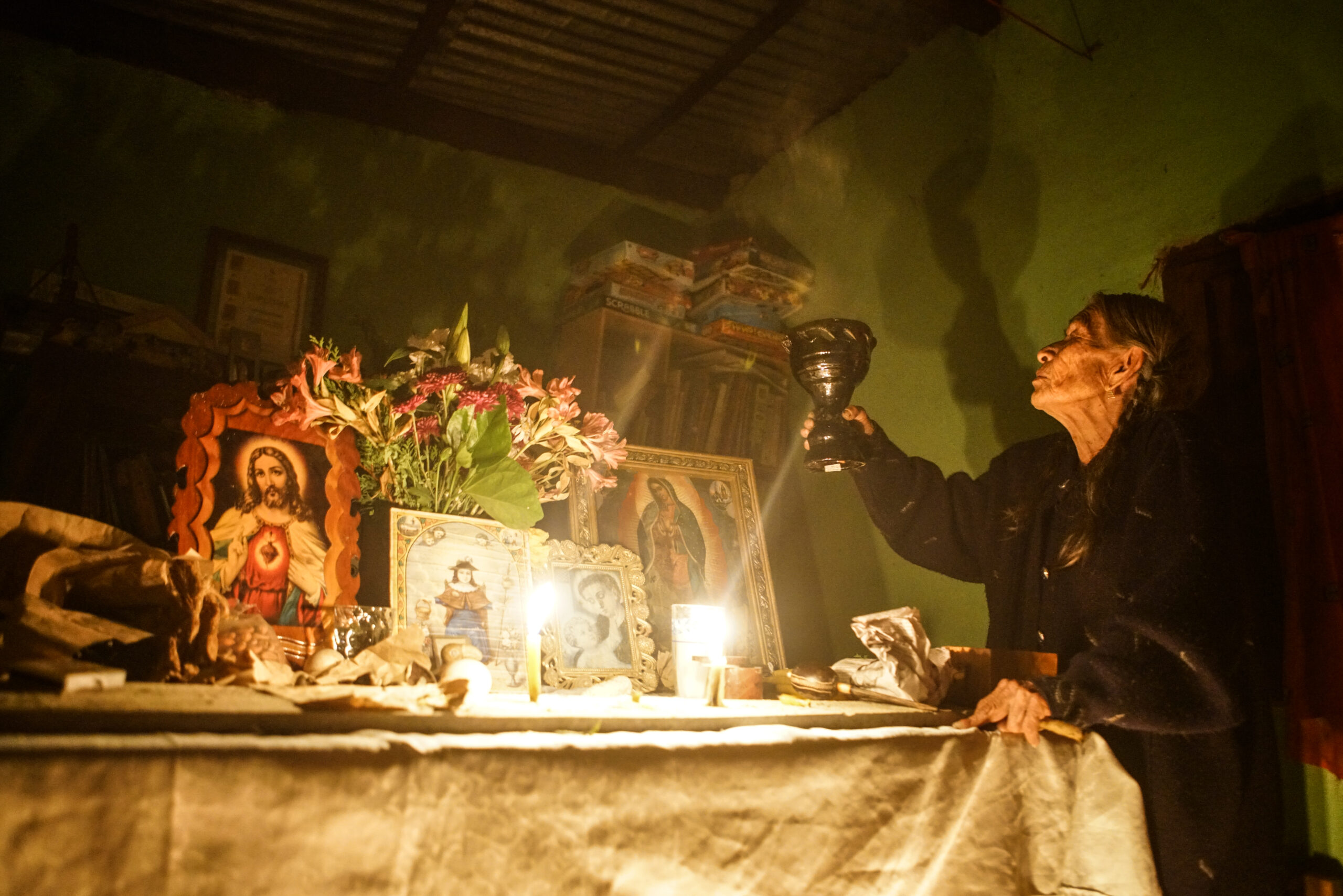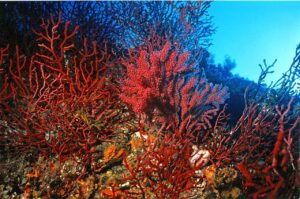An unprecedented criminal trial is taking place in Mexico this week.
On March 9 2022, the defendant, José Campos, was stopped at the Aeropuerto Internacional de la Ciudad de Mexico by customs officials and members of the marines. Campos, a Shipibo-Konibo person, was traveling from the Peruvian Amazon with ayahuasca. This was preceded the day before by a member of the Murui-Huitoto community of Colombia who was also arrested at the same airport. A member of the Katukina tribe in Brazil was then arrested in June, and in September a person from the Quechua-Ashaninka community was detained. Another four non-indigenous people were arrested for bringing ayahuasca into Mexico during 2022, and due to informal preventive detention that governs “drugs” brought into the country, these eight people remain in prison with the threat of sentences ranging from eight to twenty five years.

Drug trafficking regulations in Mexico are based on the Convention on Psychotropic Substances, which was introduced by the United Nations in 1971. Ayahuasca’s main active ingredient, dimethyltryptamine, is classified as a Schedule I drug under the Convention, yet no plants or plant products are included in the Schedules. Thus if countries want to prohibit a plant they need to pass specific legislation, and Mexico has not done this with ayahuasca.
The arrests reflect the lack of development in management and awareness of indigenous ancestral medicines in Mexico since the Edicto de Fe de la Santa Inquisición of 1620, which explicitly prohibited indigenous communities medicinal and religious use of peyote and fungi. Other national governments in Latin America have evolved how they engage with indigenous medicines: in Peru ayahuasca is considered cultural patrimony of the nation; in Colombia it is protected by the Constitution through provisions for indigenous rights; and in Brazil its use for religious purposes is permitted and protected.

The arrests and the trial highlight the growing interest in indigenous ancestral medicines, which has encouraged the proliferation of private “ceremonies” centring these medicines for largely western attendees, and the growing discussion of the plants’ use in the western medical system. This interest often ignores or undermines the indigenous cultures who have nurtured these plants and their cultural and medicinal use. Although ayahuasca is not traditionally used by the indigenous cultures of Mexico, the trial will reflect whether Mexico’s legal system evolves its approach to ancestral medicines to offer respect for the cultural practices of indigenous people. Mexico is home to a signifiant amount of plants with psychoactive properties, and with the increasing amount of scientific evidence documenting their benefits, amending the policies that define them as substances that damage public health feels necessary.
The aforementioned arrests occurred when the marines took control of customs in some of Mexico’s airports, and have seen indigenous healers inappropriately entangled in the Méxican government’s fight against drug trafficking. An interdisciplinary team dedicated to the legal defense of ayahuasca and other ancestral plants in Mexico have taken important steps in a long-term strategy that will help clarify the legal status of indigenous ancestral medicines in the country. This involves proposed changes to articles 240 and 245 of the General Health Law, with the ambition of a reclassification of these medicines.
This movement of support has inspired a group indigenous leaders, health professionals, scientists, public policy and human rights experts to gather in Mexico City for the first Intercultural Entheogenic Medicine Forum, which will be held in the Senate of the Republic on January 24 and 25. The Forum’s intention is to connect the scientific, anthropological, legal and indigenous perspectives to create a shared understanding of the importance of new laws and agreements for the respect and preservation of the knowledge and practices that surround ancestral medicines. The timing of the forum deliberately coincides with José Campos’ trial in what is a potentially momentous week for Mexico.
Anton Rivette is a writer and photographer, he was supported in writing this article by Ivan Sawyer García, a media producer, communicator, collaborative project designer, environmental activist and the founder of Voices of Amerikua.













